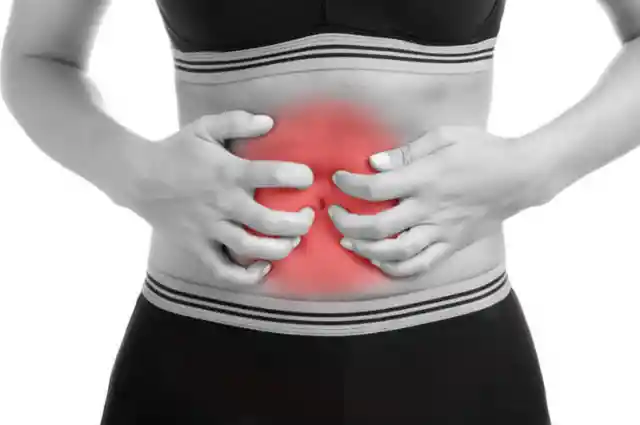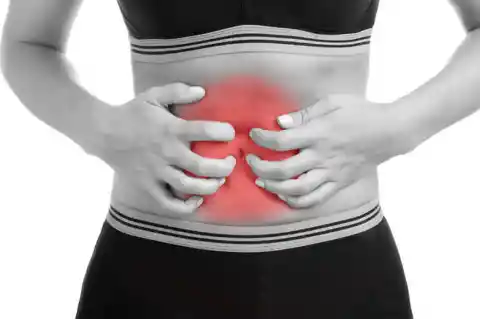Indigestion
Even though the symptoms of a heart attack at times can be vague and mild, it is important to remember that heart attacks producing no symptoms or only mild symptoms can be just as serious and life-threatening as heart attacks that cause severe chest pain. Too often patients attribute heart attack symptoms to "anxiety," "indigestion," "fatigue," or "stress," and consequently delay seeking prompt medical attention. One cannot overemphasize the importance of seeking prompt medical attention in the presence of symptoms that suggest a heart attack. Early diagnosis and treatment saves lives, and delays in reaching medical assistance can be fatal.


A delay in treatment can lead to permanently reduced function of the heart due to more extensive damage to the heart muscle. Death also may occur as a result of the sudden onset of arrhythmias such as ventricular fibrillation. Here are warning signs of a heart attack:
Breath


Regular occurrences of heart burn, indigestion, nausea, and abdominal pain are signs that something is wrong and you should see a doctor.
Pain


Shortness of breath can happen even 30 days before a heart attack happens.
The tell-tale sign for heart attacks is having pain in your left arm.
Flu?


However, there have been reports of people having pain in their backs, chest, and both arms in the time frame leading up to an attack.
Not Feeling Like Yourself


A month before a heart attack, many people have said they experienced flu like symptoms.
Cold Sweats


Health issues that creep up and never leave can really change not only how to feel physically, but mentally and emotionally as well.
Unusual weakness


Feeling cold, clammy, and sweaty all the time means your body is under serious distress.
If you find yourself feeling weaker than normal when doing totally mundane, normal activities, that could be a sign of a more serious health problem.
Dizziness


Mainly, you could be having a serious issue with circulation.
Because of poor circulation, dizzy spells can become a frequent occurrence.
Jaw Pain or Toothache


If you're frequently dizzy, you should see your doctor immediately.
Some people report tooth pain or headache as a symptom of a heart attack.
General epigastric (upper middle abdomen) discomfort


It is possible to have these types of pain without chest pain during a heart attack.
Sometimes the pain of heart attack is described as stomach pain, or pain in the middle of the upper abdomen. The pain usually feels more like discomfort of heaviness rather than sharp, stabbing pain, and the pain tends to persist more than a few minutes.
Upper back pain


This can occur with or without pain in the true chest area.
The upper back is another common location for spread of the pain from a heart attack.


Most commonly, back pain that stems from a heart attack is described as occurring between the shoulder blades.